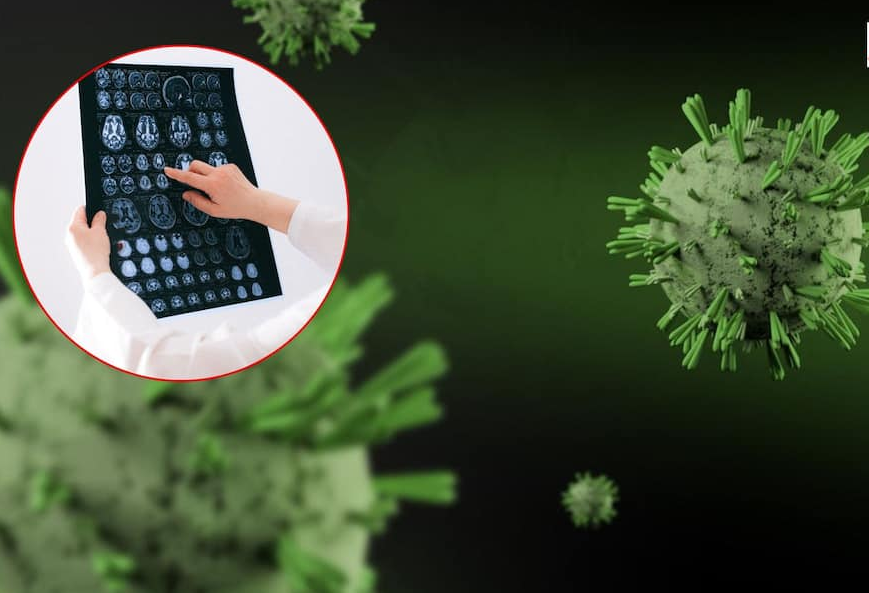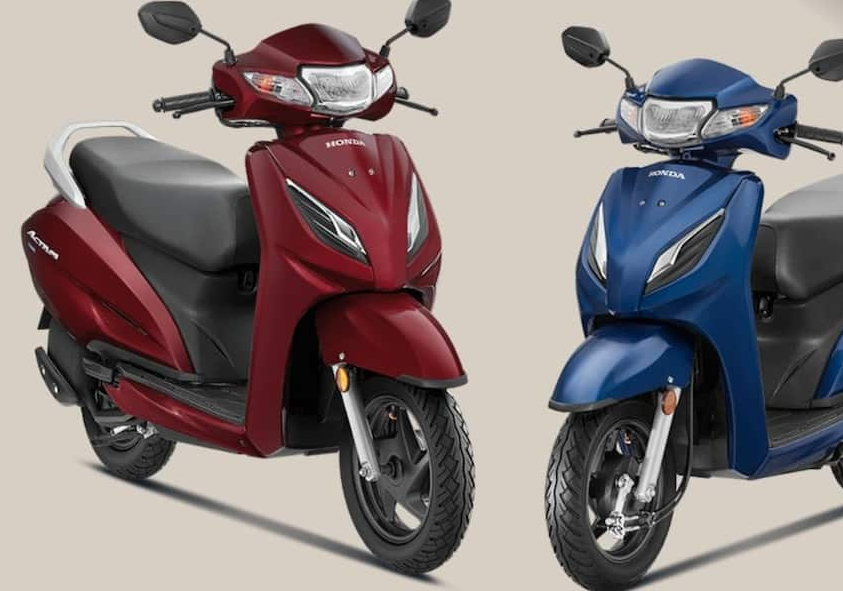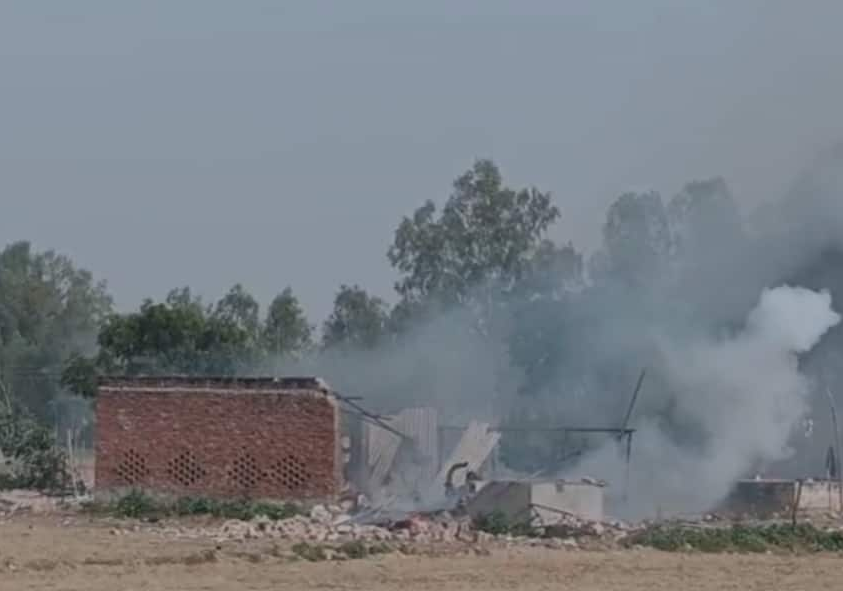Alarm bells! Diseases spreading from animals and climate change can cause havoc, a big warning from scientists
- bySherya
- 25 Jan, 2025
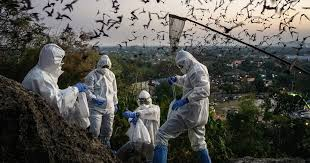
Do you know that diseases spreading from animals to humans across the world and the rapidly changing climate cycle can cause a terrible pandemic? The new warning of scientists has shocked everyone.
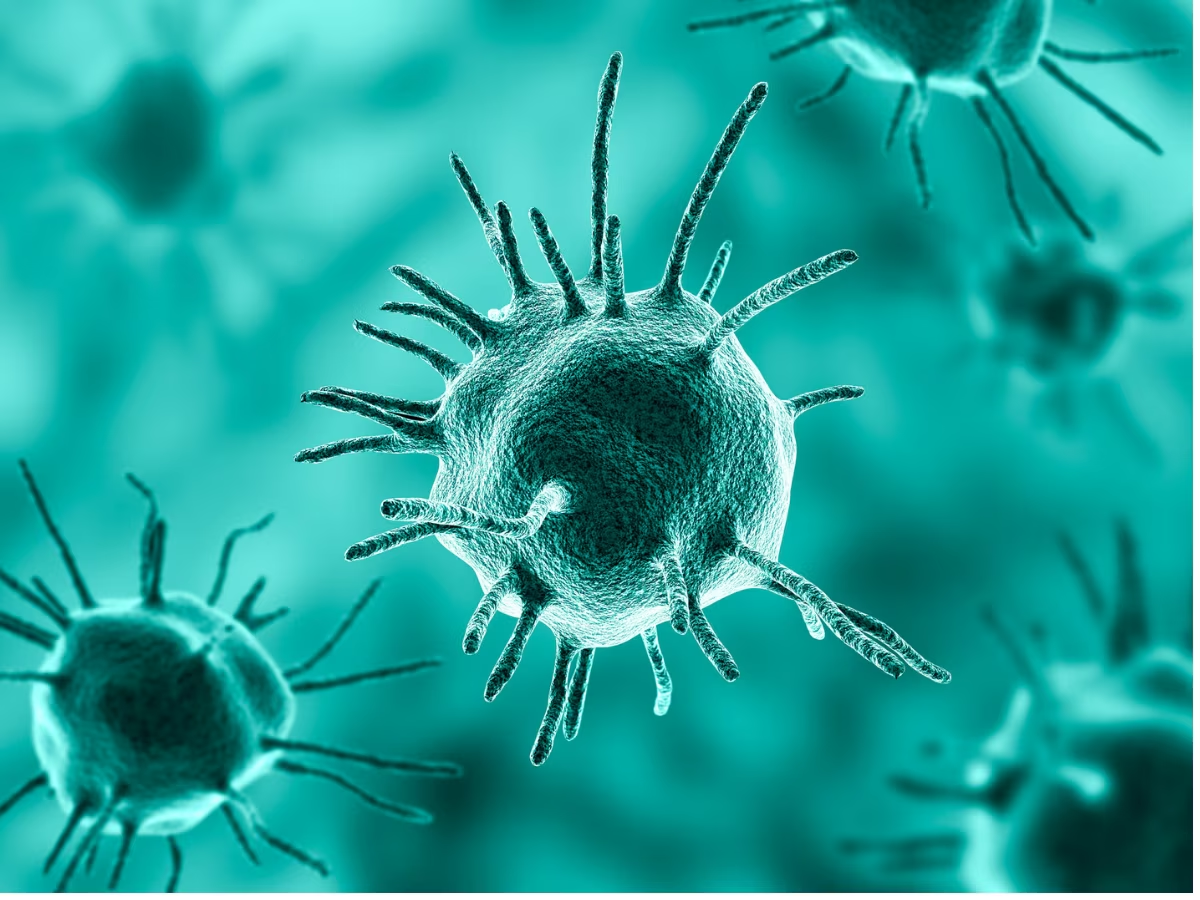
What if deadly diseases spread by animals and a rapidly changing climate become the biggest threats to our health and lives? Former World Health Organization (WHO) chief scientist Dr. Soumya Swaminathan warned on Friday that most of the emerging viral threats are zoonotic infections (infections spread from animals to humans). She said that concerted research is needed to prevent the spread of such diseases and reduce the risk of future pandemics.
Dr Swaminathan said this while launching several initiatives under a major research project on water quality assessment of Vembanad lake and waterborne infectious diseases in Kochi. He said that the root of today's health problems lies in environmental causes and emphasized the need to establish an Environmental Health Regulatory Agency in India.
Dietary hazards
Dr Swaminathan said that dietary hazards have become the biggest threat to health in the country. He said that half of the Indians cannot afford good food. Expressing concern over the increasing problem of obesity and non-communicable diseases in Kerala and Tamil Nadu, he said that problems like malnutrition, anemia and deficiency of micro nutrients are also widespread here. He attributed unhealthy diet habits to this as the main reason. He suggested promoting the use of marine resources and said that this could be an effective way to improve the nutritional level.
Climate change and the growing threat
Dr Swaminathan underlined the grave impacts of climate change and said that India is one of the most vulnerable countries facing this challenge. He said that information overload in the digital age and the spread of misinformation on social media is hampering health efforts. Citing examples of so-called 'experts' giving advice during the Covid-19 pandemic, he stressed the need to give priority to scientific research and awareness.


